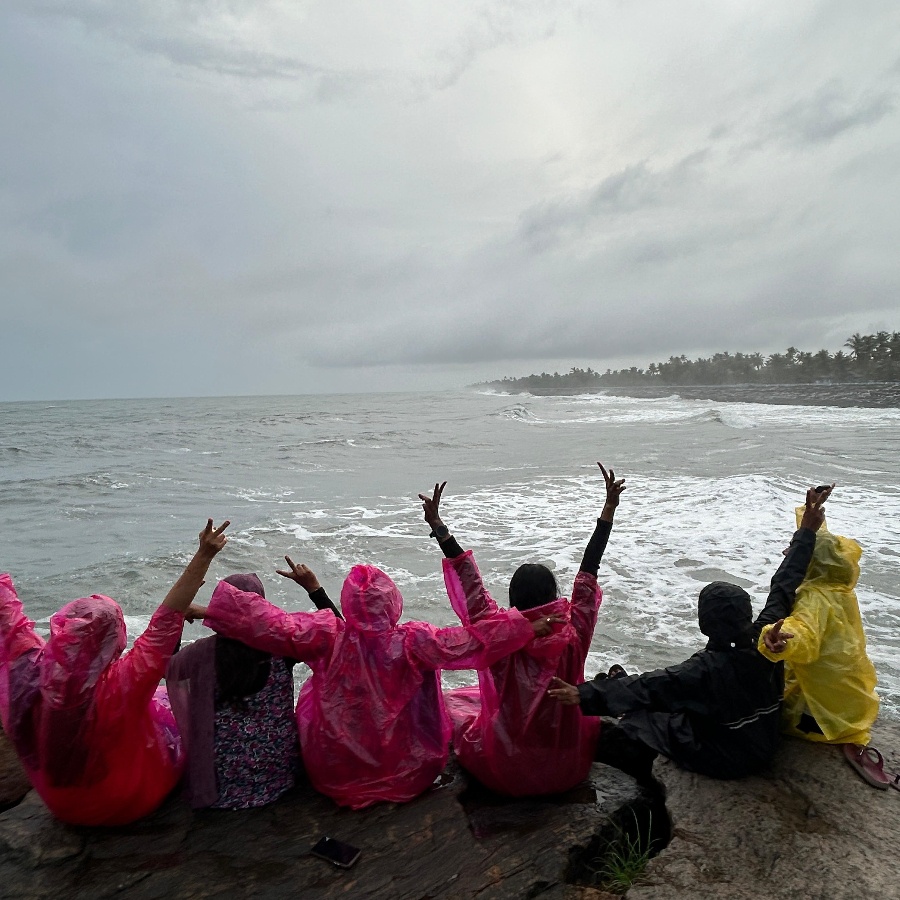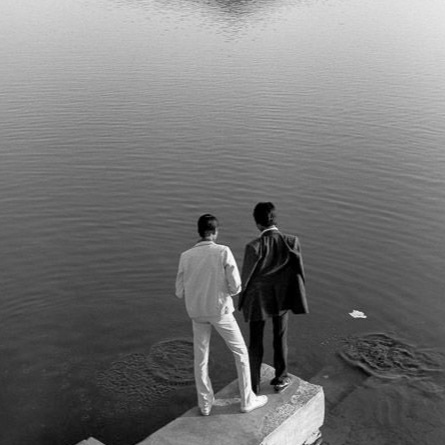On New Year’s Day in 2016, at the height of the Lean In and Girl Boss movement, Neha Ruch had her first child. A Stanford Business School graduate, Ruch was living the proverbial dream. She had a job she wanted at a tech start-up, was growing her family, and had everything she had worked for.
But while at home with her baby, Ruch had a career rethink. She wanted to break out of the hustle culture and reestablish her relationship with work. She knew she needed a reset. So, she did what everyone told her not to do: she downshifted her job to two days a week, setting aside more time for her growing family.
No one got it, especially her friends and peers. “I had become disenchanted with the corporate world. I really made this choice because I wanted that time for me and it felt right for my family. I had people question if I was going to be bored all day, was told I was wasting my education, that I was giving up. But I was clear that I was making these empowered shifts because it made sense,” she says of her conscious career pause.
Few understand why ‘what do you do?’ is not the innocuous party-starter question that it is made out to be. For many women, it’s a loaded one, especially when you look at the underlying cultural subtext—because for many, what you do is tied up in who you are. Despite this being 2025, and all the conversations around “sharing the load”, the fact remains that a big share of the responsibility of raising children, across socio-economic categories, countries, and cultures, is borne by women. Ruch talks about the default parent—the one who takes care of most child-related chores, schedules, and appointments—a role that is often filled by mums, leaving them overwhelmed and burnt out.
That’s what motivated Ruch to lead the way and embrace her new job profile: “untitled”. At least in the professional sphere. “Ambition has been tied for so long with what we do for a living. When I no longer had a prestigious title, I had to recognise that I still felt like an ambitious woman while caregiving,” she tells me on Zoom. She bet on the idea and the belief that career pauses provided opportunities to develop a more robust, multi-faceted identity and began the process of disengaging professional achievements from self-worth.
Soon she met her community: there were so many women out there, just like her, who had paused or taken a break from their professional lives to recalibrate and create new definitions of what they wanted their days to look like. In, 2017, finding no real resources or guides and encountering resistance around her mindset shift, she started Mother Untitled (recently rebranded as The Power Pause), the world’s first collective for working women that looks at career pauses or downshifts.








